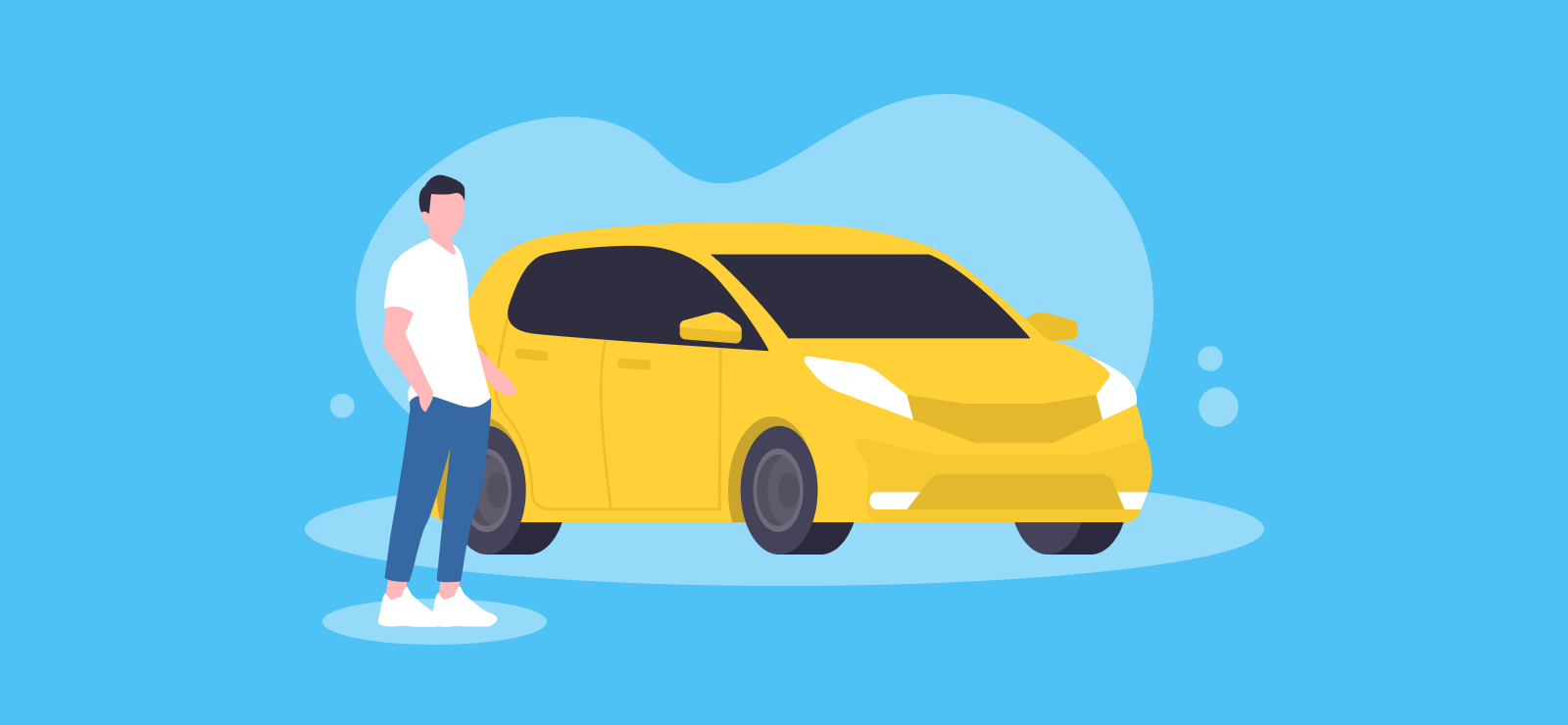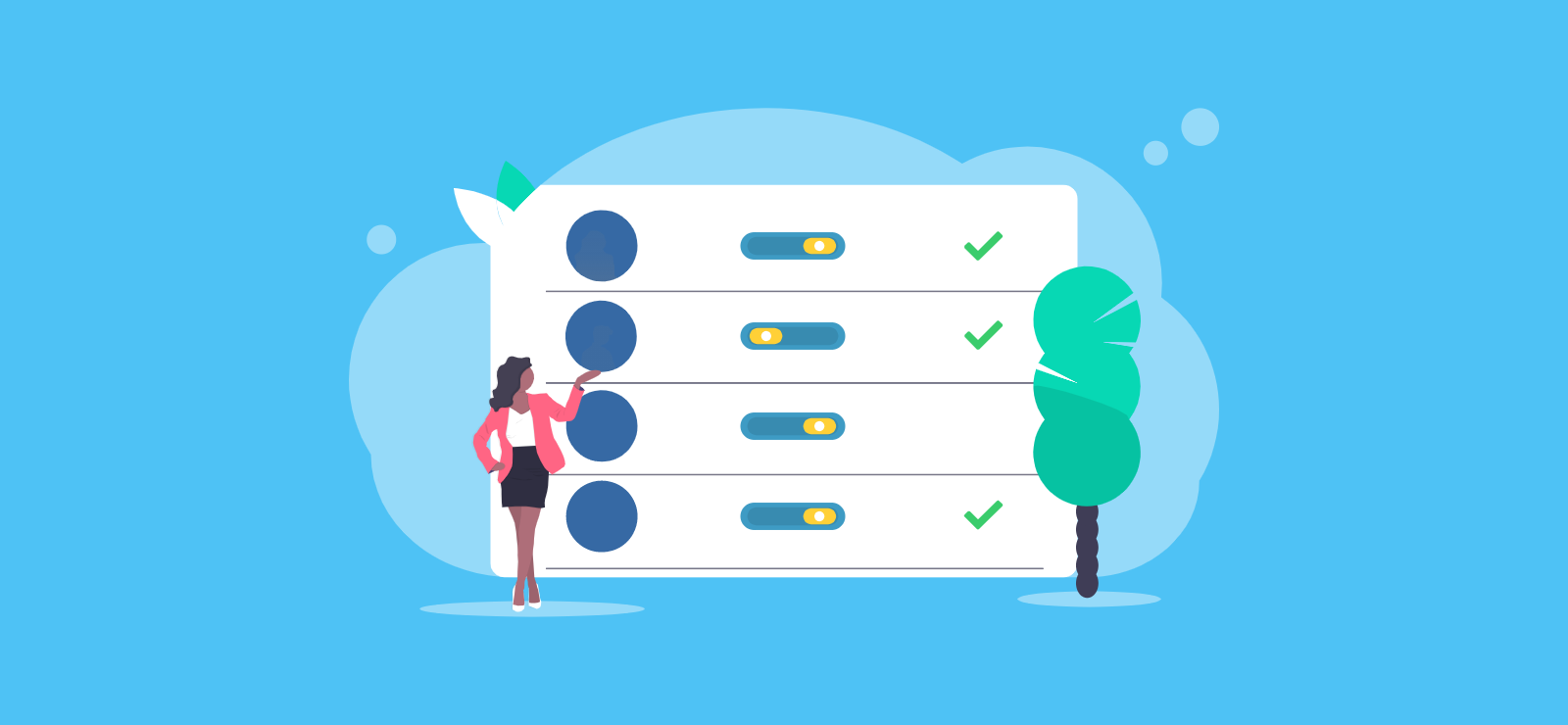

Do I Need to Pay Tax if I Drive for Uber?
Uber is a platform that connects its users to drivers who can either provide them with a lift as a taxi driver or drop food off at their door. It’s often operated by those who are looking to earn some extra cash through a side hustle or want something flexible that suits them.
It does come with its complexities though, because while Uber drivers are now classed as ‘workers’ (so you’re entitled to things like National Minimum Wage, holiday pay, and a pension), you are not an employee.
So, despite the new worker laws, you’re still self-employed for tax purposes and that means submitting a tax return. We’re here to talk you through the taxes you need to pay as an Uber driver as well as the expenses you can claim.
Do I need to pay tax as an Uber driver?
Yes – but the tax-free trading allowance means you can earn up to £1,000 from self-employment in a tax year before you need to let HMRC know.
If your self-employed earnings reach this threshold, you’ll normally set yourself up as a sole trader. This means you’ll submit an annual Self Assessment tax return to let HMRC know about the profits (or losses – you’ll still need to submit a return) you’ve made – as well as any expenses you need to claim back.
What business structure should I be as an Uber driver?
Most Uber drivers in the UK are sole traders but you can set up your own limited company if it makes more sense based on your circumstances. For example, if you’re earning over a certain threshold and want to be more tax efficient by taking a smaller salary and paying yourself the rest in dividends.
A limited company comes with more responsibility, and you’ll need to submit a Company Tax Return (and pay Corporation Tax) for the business’s tax, as well as a Self Assessment tax return for your personal income. We have a guide on choosing a business structure that may help.
If you are Ubering as a side hustle then lots of people find that being a sole trader is the easiest way to go about this because there’s no start-up fees, and it’s fairly straightforward in terms of staying HMRC compliant. But again, choosing between becoming a sole trader or limited company depends on your circumstances!
Our online tax calculator will help you estimate your potential tax bill as a sole trader versus operating through a limited company, but remember – choosing a business structure isn’t just about paying tax.
What expenses can I claim as an Uber driver?
A benefit to being self-employed is the ability to claim back business expenses, reducing how much tax you need to pay. Expenses are things you need to purchase in order to do your job – for example, fuel.
The same rule applies if you’re a VAT registered business and claiming the VAT on your fuel. Most of your costs are likely to qualify as a business expense, as long as you can prove that they’re genuine.
Lots of drivers ask us whether they can claim costs relating to their car, such as fuel, maintenance, repairs, and even the vehicle itself. The good news is that there are two ways self-employed drivers can work out their vehicle expenses, and you can choose which one is most tax efficient for you.
- Claim your actual expenses: You can claim allowable vehicle expenses on a range of costs such as insurance, hire charges, and breakdown cover. If you only ever use the vehicle for Uber, then you can claim all the allowable costs. If you sometimes use it for personal reasons, then you’ll only be able to claim for the proportion of costs which relate to your business.
- Simplified expenses: This is where you claim your costs as a flat rate for each mile you travel (instead of the actual cost to run your vehicle.)
If you claim your actual expenses then these might include:
- Car cleaning or valeting
- Car tools
- First aid kits
- Torches
- Billing charges from your carrier
- Vehicle insurance and Public Liability insurance
- Phone costs
- Snacks or drinks for customers (if you’re a really generous driver)
- Any cuts Uber take from your earnings
- Your private car hire license fee
- Any training costs
You can check out gov.uk for more examples of expenses you can claim if you’re self-employed.
What’s the difference between a worker and an employee?
In most cases, employees are given a contract that states how many days and hours they’ll work. For example, Monday-Friday 9 am-5 pm with an hour break. It normally means an employee is guaranteed work and, because they know their hours, they know exactly how much they’ll be taking home each month.
A worker, on the other hand, has more flexibility, with the autonomy to choose when they work; but this can also mean there isn’t always as much work available. For example, if you drive in an area that has very little demand during off-peak hours, or somewhere that too many drivers already operate.
| Employee | Worker |
| Has regular, set hours | Can work flexibly or shift patterns are irregular |
| Is expected to work as per their contracted hours/shifts | Can work when they want, and can turn down work |
| Is paid a set wage (so they know what they’ll take home each month) | Is paid if and when they work (shifts can differ, making it more difficult to predict earnings |
| They are seen as an integral part of the team | Their role may not always be required (for example an agency worker who does shifts during the busiest periods. They come in for peak seasons like Christmas, and finish when this period ends, while employees tend to work all year round). |
| Has an employment contract | Has an agreement but is never specified as an employee |
Although there are rules in place to protect both employees and workers against discrimination or unlawful deductions from their wages, workers don’t have any statutory employment rights to protect them from unfair dismissal, or entitle them to statutory redundancy.
Will Uber report my income to HMRC?
Yes! Digital platforms, including Uber, must tell HMRC about the amounts earned by their workers. Technically nothing will change in terms of your reporting requirements, but it’s crucial to make sure you use a robust bookkeeping system to minimise any discrepancies between your figures and Uber’s.
Learn more about our online accounting services for Uber drivers like you. Call the team on 020 3355 4047 or get an instant online quote.
Want to learn more?
Subscribe to our newsletter to get accounting tips like this right to your inbox

Read more posts...

What Type of Legal Structure Should I Choose When I Start a Business?
13th February 2026The structure you choose when you start a business affects how the business operates, the amount of tax you pay, how you…
Read More
Estate Planning for Family Investment Companies
12th February 2026If you want to pass your wealth and assets on to the next generation, a Family Investment Company (FIC) could be an…
Read More
Do Influencers Pay Tax?
11th February 2026The occupation of ‘influencer’ or ‘content creator‘ is more popular than ever, but there isn’t much information out there on how to…
Read MoreConfirm Transactions
The number of monthly transactions you have entered based on your turnover seem high. A transaction is one bookkeeping entry such as a sale, purchase, payment or receipt. Are you sure this is correct?
Please contact our sales team if you’re unsure
VAT Returns
It is unlikely you will need this service, unless you are voluntarily registered for VAT.
Are you sure this is correct?
Call us on 020 3355 4047 if you’re not sure.
MTD IT Quarterly Updates
Your final, end of year MTD Income Tax submission is included in your fee.
You can submit the quarterly updates yourself using Pandle, or alternative bookkeeping software (which we recommend).
However, if you would prefer us to submit these updates, there is an additional fee of £35.00 per month.
Call us on 020 3355 4047 if you’re not sure.
Bookkeeping
You will receive our bookkeeping software Pandle for free, as part of your package.
You can use this to complete your own bookkeeping, or we can provide a quote to complete your bookkeeping for you.
Please select and option below:
Call us on 020 3355 4047 if you’re not sure.

